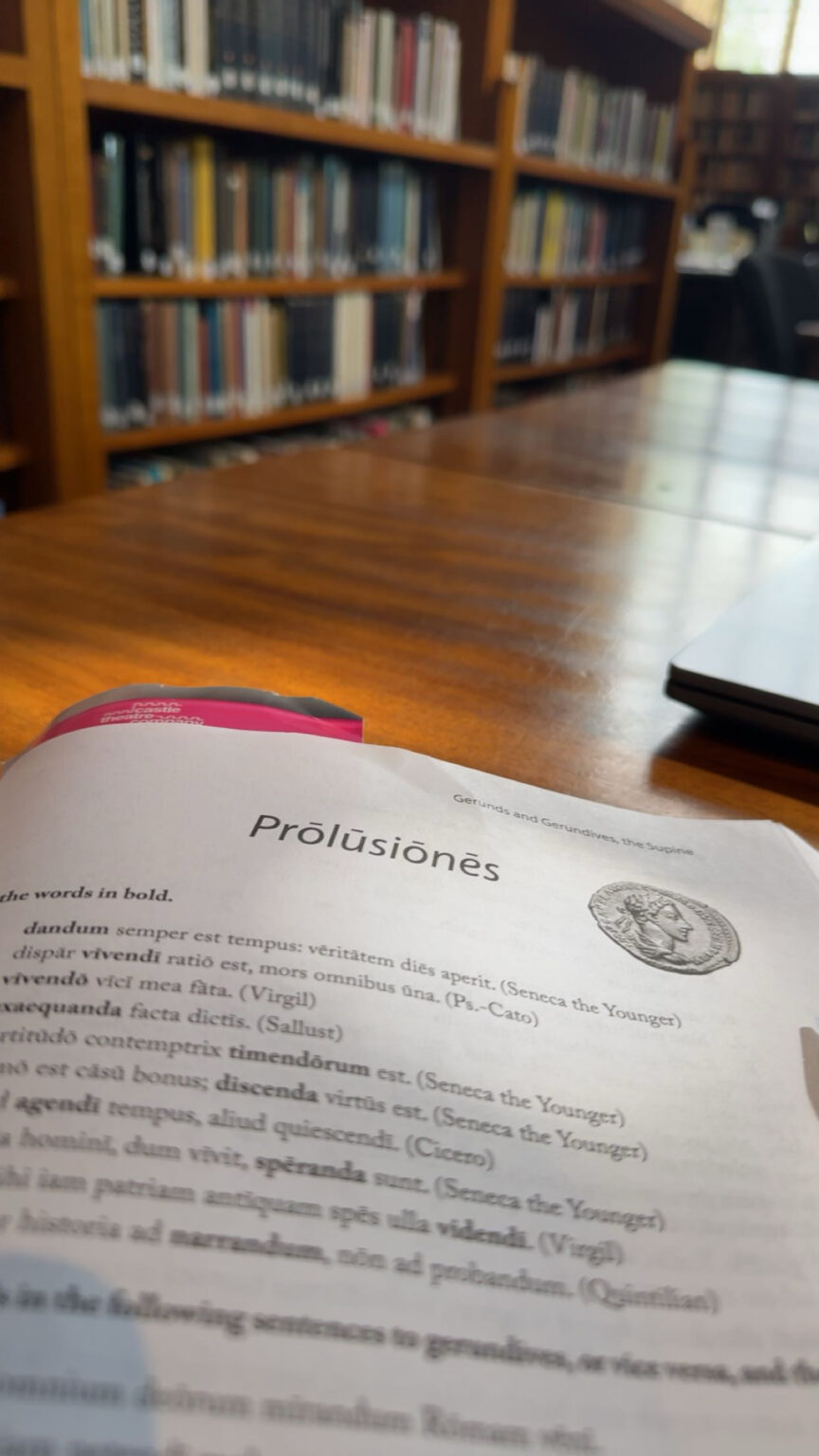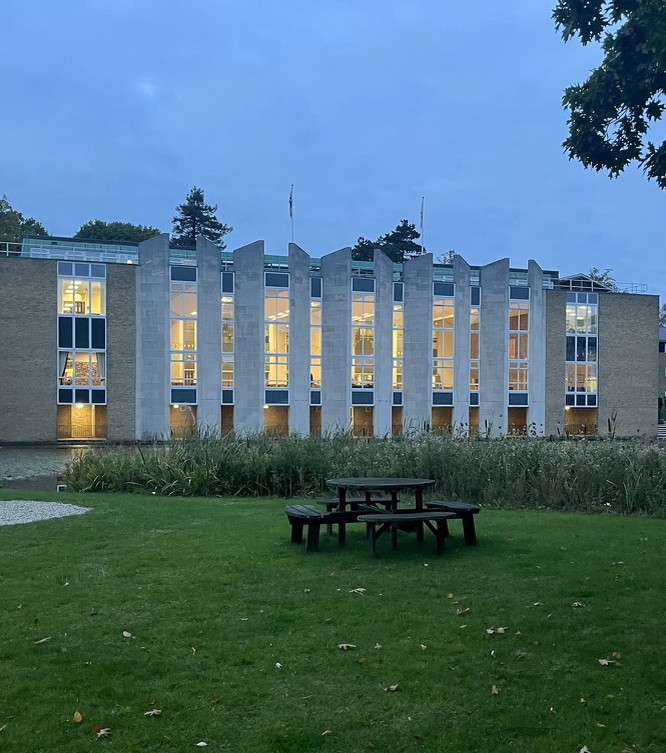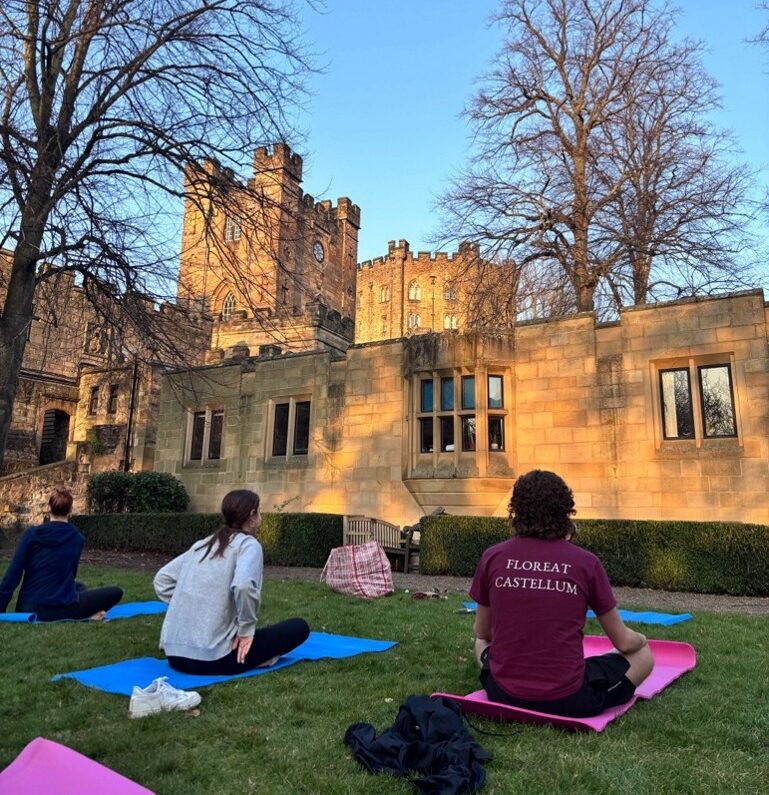Transitioning from school to university
There is quite a jump in responsibilities from schoolwork to university work, which I found tricky to manoeuvre, especially in the first few weeks of trying to find my way around the city.
One thing that helped me transition to university work was setting a dedicated time each week to recap/reread lectures. The finance modules provide formative assessments after each lecture (which do not count towards your final grade). These are useful because formatives help you cement your knowledge about the content you have recently learnt.
Something else I find useful is presentations with friends on my course – where we ‘teach’ each other content we learnt over the week. This is great for recalling knowledge, and by asking each other questions, we can critically evaluate our study points. There are loads of study spaces around the city which are very close to colleges, like different cafes. You can also use university study spaces like the Bill Bryson Library (Billy B), your college library (which is always open), or our Business School – which as a Finance student you have access to 24/7.


Modules and assessments
My favourite modules so far have been Global Financial Systems and Markets because I found the module broadened my knowledge past typical finance talk points like the 2008 financial crisis. For example, for our assessment, we had the option to talk about 5 different topics, and this allowed me to select one I was very interested in – Blockchain in Finance and its future use.
I have also enjoyed Derivative markets because we are taught the theory behind pricing derivatives and are given the chance to price them via a simulation.
Regarding exams, the assessment structure will vary between different modules (e.g. Financial Accounting was one in-person exam worth 100% of our grade, whereas Financial Valuations is a mix of an online exam (40%) and a group project where we value a company (60%)). However, I find that across all modules, we are evenly split between in-person exams, online exams and essays.
Department facilities
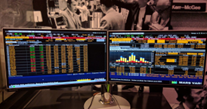
Bloomberg Terminals in the Waterside building are among my favourite resources because they contain financial information. Also, different sites the University offers subscription services for, like WRDS and Volcube, are beneficial for a student (e.g. to collect data for financial modelling or to simulate pricing derivatives)
Preparing for graduation
The Finance Department always seeks to enhance student employability, for example, by inviting students to a programming workshop or facilitating CV reviews and mock interviews. Also, our Finance Society (entirely student-run) regularly hosts networking events like discussions and/or breakfast events with speakers from banks like Morgan Stanley, JP Morgan and Bank of America. These are useful ways to find out about different divisions that appeal to the skills you have/want to develop.


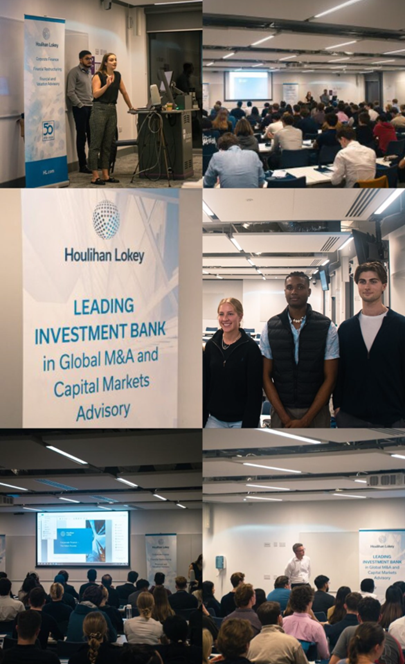
Discover more
Take a look at Durham University Business School
Download our latest prospectus and college guide here.
Follow The Durham Student on Instagram, TikTok and YouTube.








